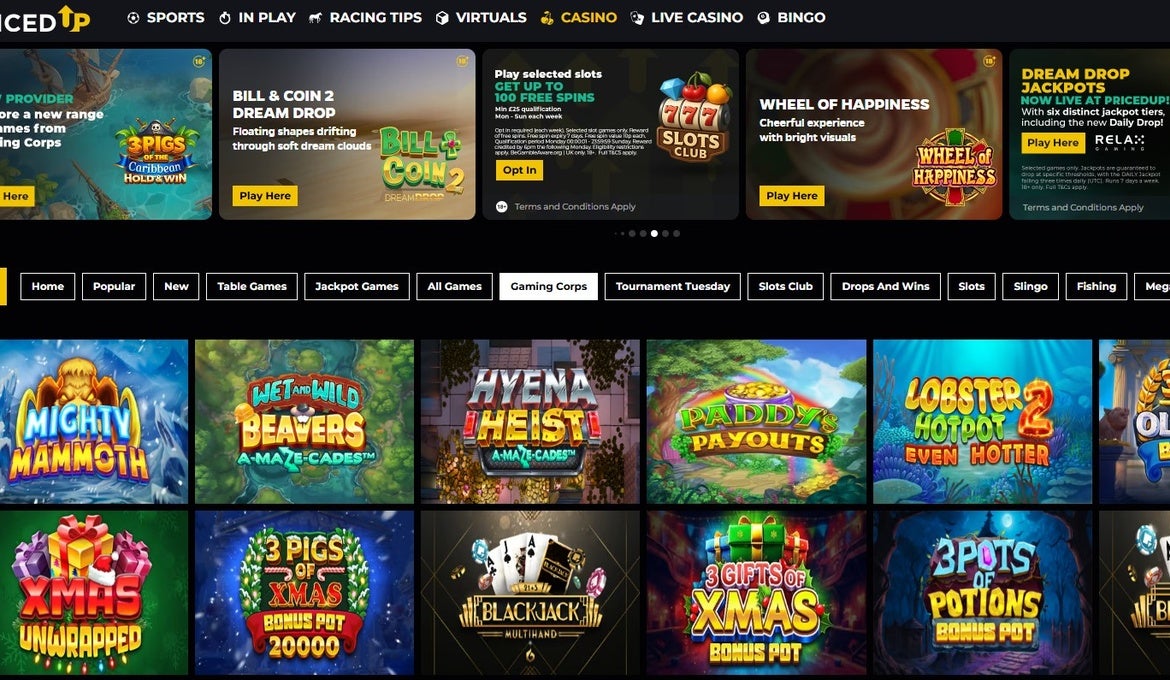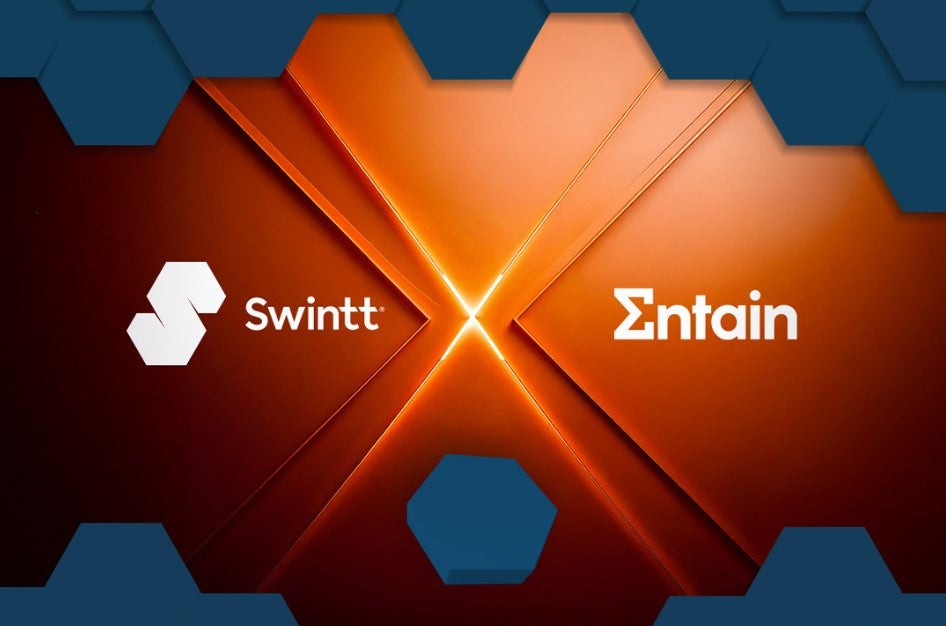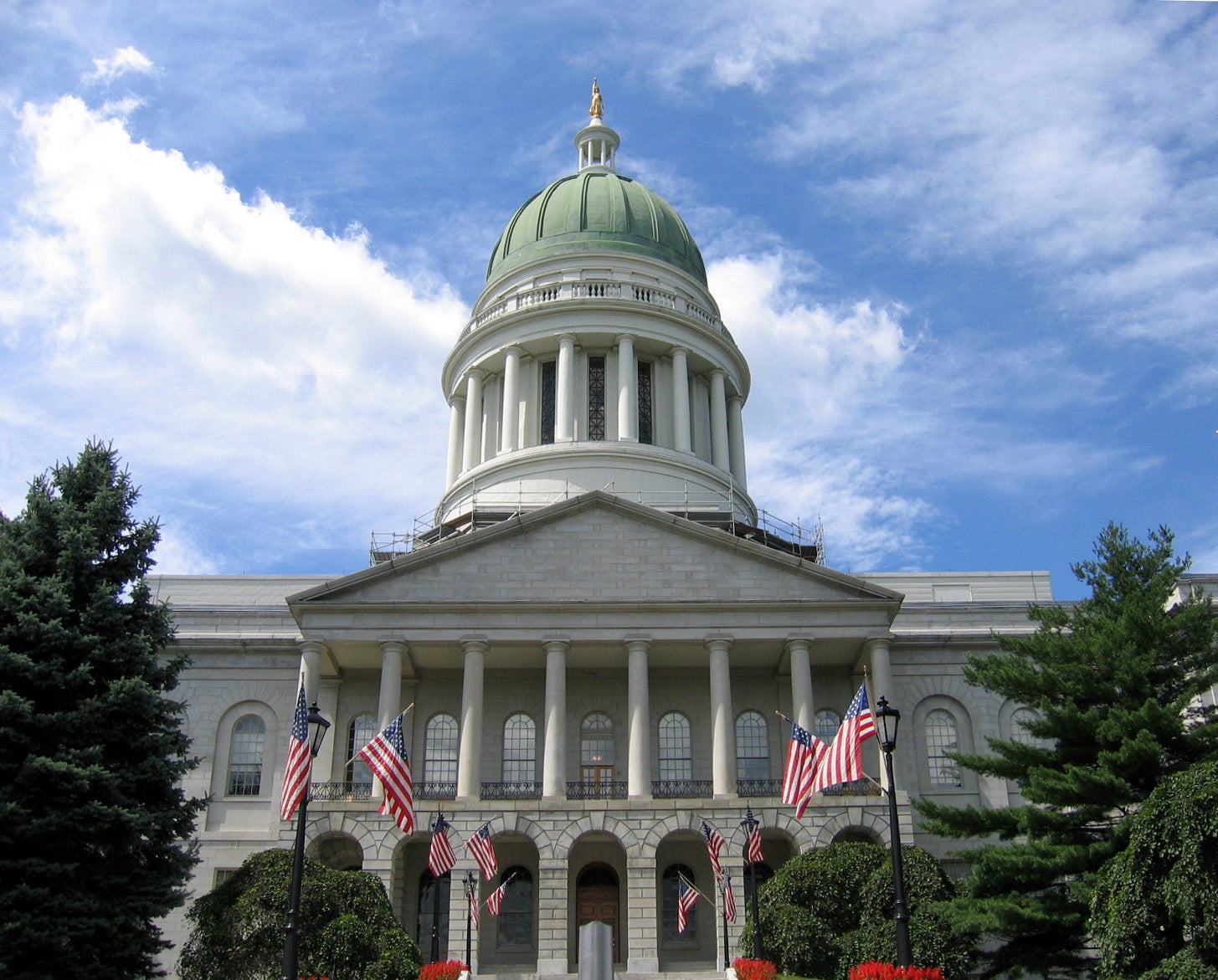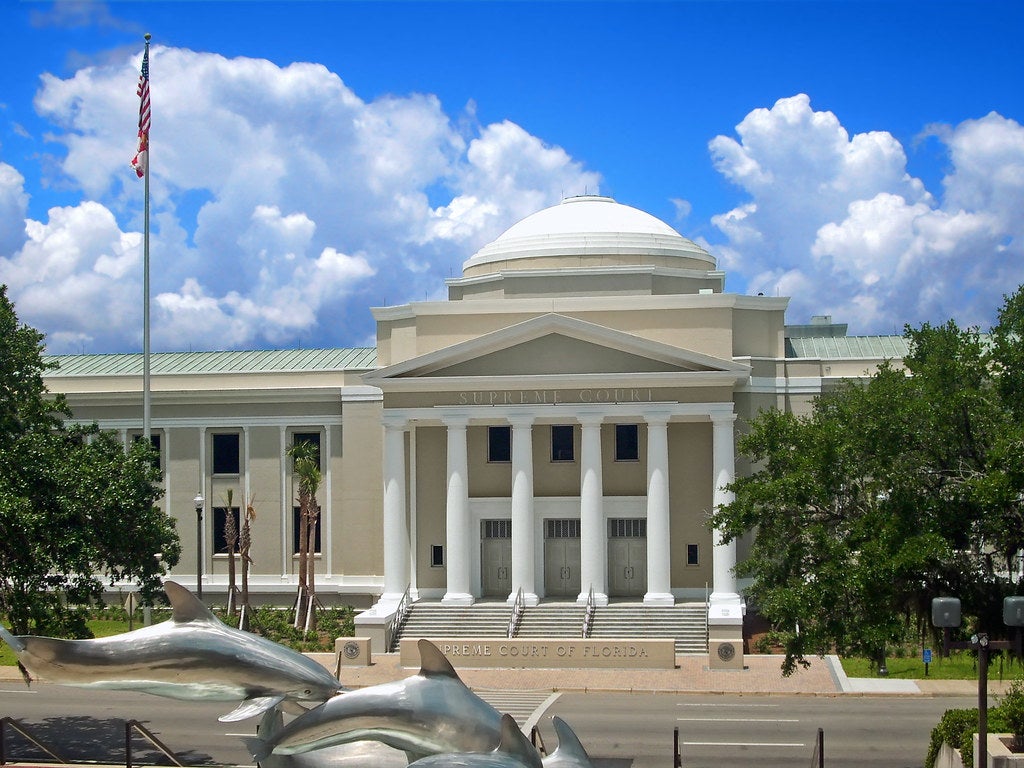A landmark decision
Rarely does legislation prove to be unanimously agreeable in the political landscape. AB831 was one of the rare exceptions to the rule, as it never received a single vote against it across every vote it received throughout the legislative process.
The regulatory change came against the behest of gaming interestholders, namely the Social Gaming Leadership Alliance (SGLA).
According to the group’s website, the SGLA “champions social gaming operators who offer innovative, free-to-play entertainment experiences enjoyed by millions of Americans while promoting responsible digital entertainment.”
Jeff Duncan, the group’s executive director, released a statement in which he criticized California lawmakers and Gov. Newsom following his announcement he approved the bill.
“It is incredibly disappointing that the California Assembly decided to pass AB 831,” he said. “Beyond the fact that this bill would worsen economic disparities among California tribes, put California to the back of the line in terms of digital innovation in this space, and take away a popular form of entertainment for residents, it will immediately strip $1 billion out of the state’s economy.”
As the bill picked up steam, several California tribal gaming groups joined the unsuccessful effort to resist the change.
“We implore Governor Newsom to veto this bill and instead open the door for online social games to support economically disadvantaged tribal nations and the state’s economy while positioning California as a leader in next-generation gaming technology,” Duncan said.
National rebuke of sweepstakes casinos
The impending regulator shift has the potential to create a massive ripple effect throughout the industry. California is the most populous state in the USA, with more than 39 million residents, meaning it has the potential to host a massive gaming market.
California isn’t the first state to enact a ban against sweepstakes casinos. Connecticut, Delaware, Idaho, Michigan, Montana, New Jersey and Washington all did the same, while Montana, Nevada, and Ohio are all considering similar changes.
Sweepstakes casinos differ from traditional casinos in their requirements to participate. They allow but don’t mandate customer deposits to play games thanks to their use of a dual-currency system which utilizes sweeps coins and gold coins, which can be earned or purchased. Those coins are then used to play games or redeem prizes.
A lawsuit previously filed by the Los Angeles city attorney had already led to several major suppliers withdrawing from the state market.
California has also generally been against the recent sweep of gambling, being one of 11 states that still haven’t legalized sports betting.





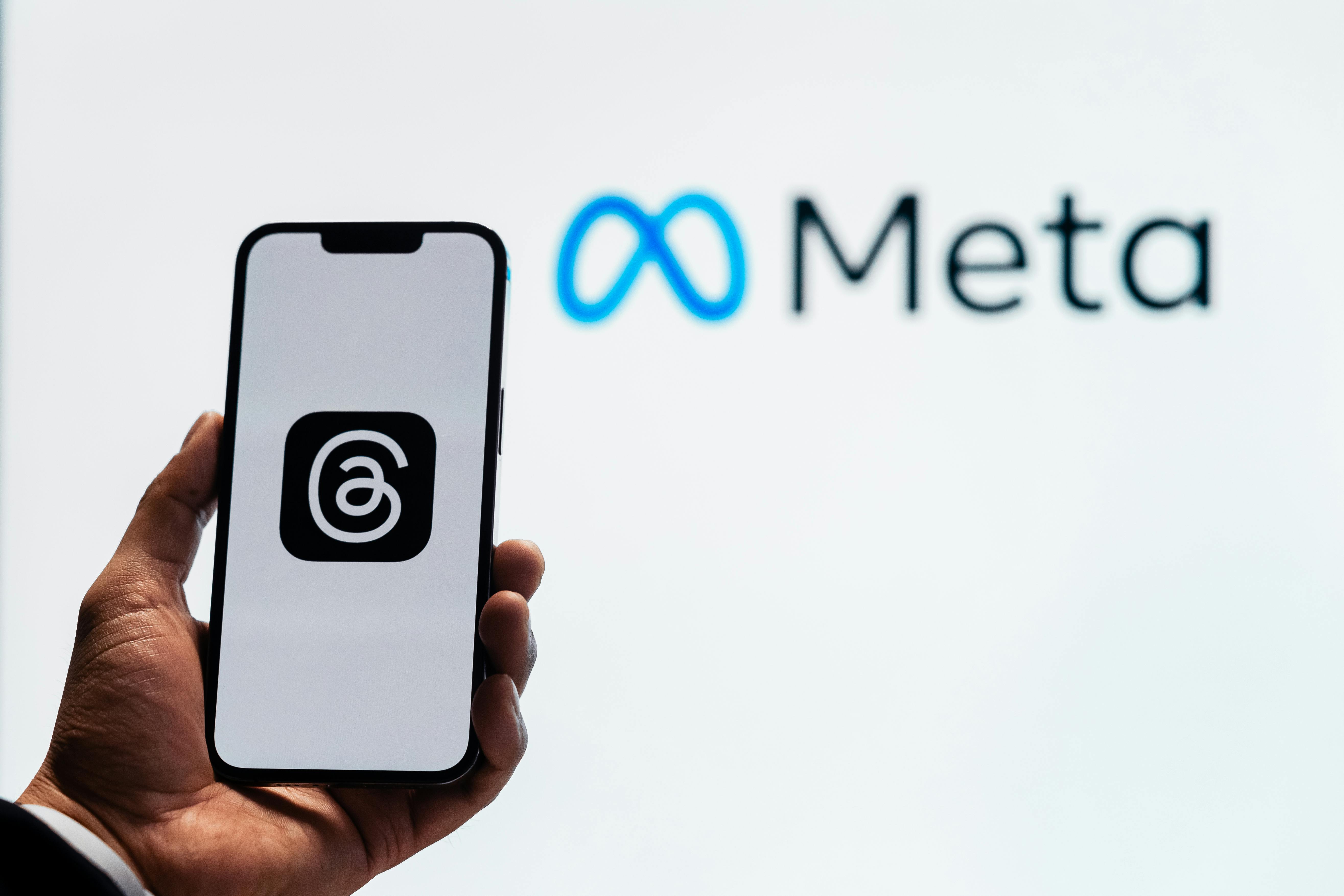
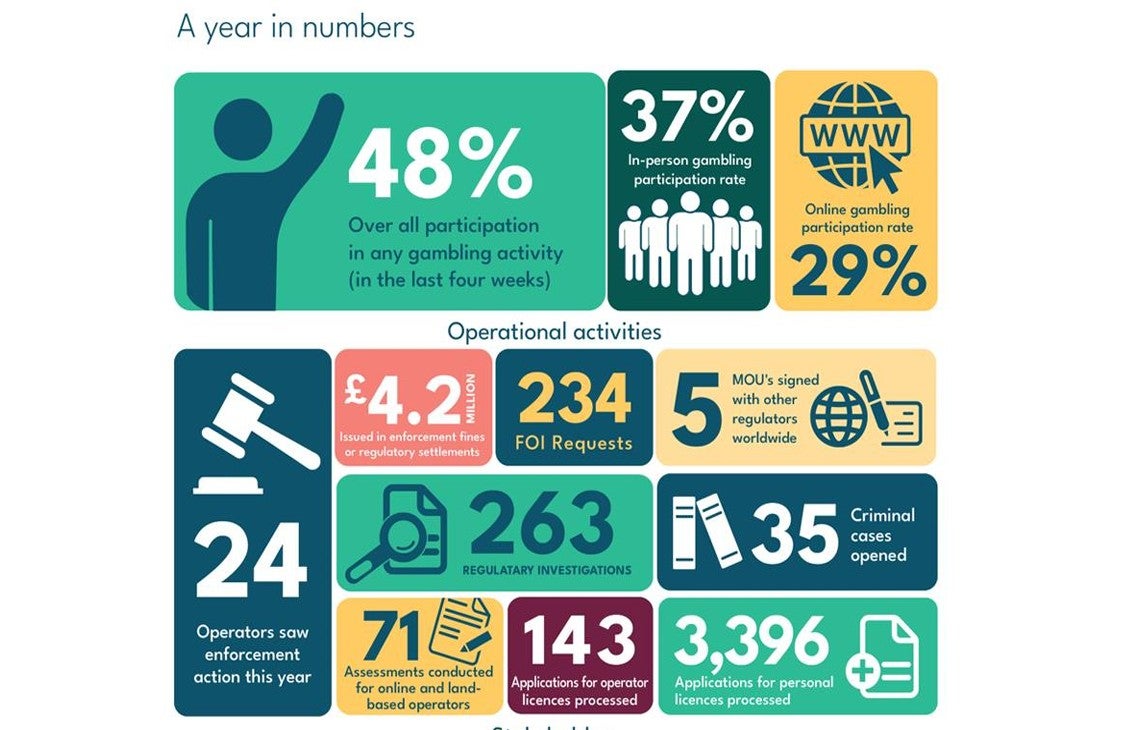
_(2374185648).jpg)





.jpg)





